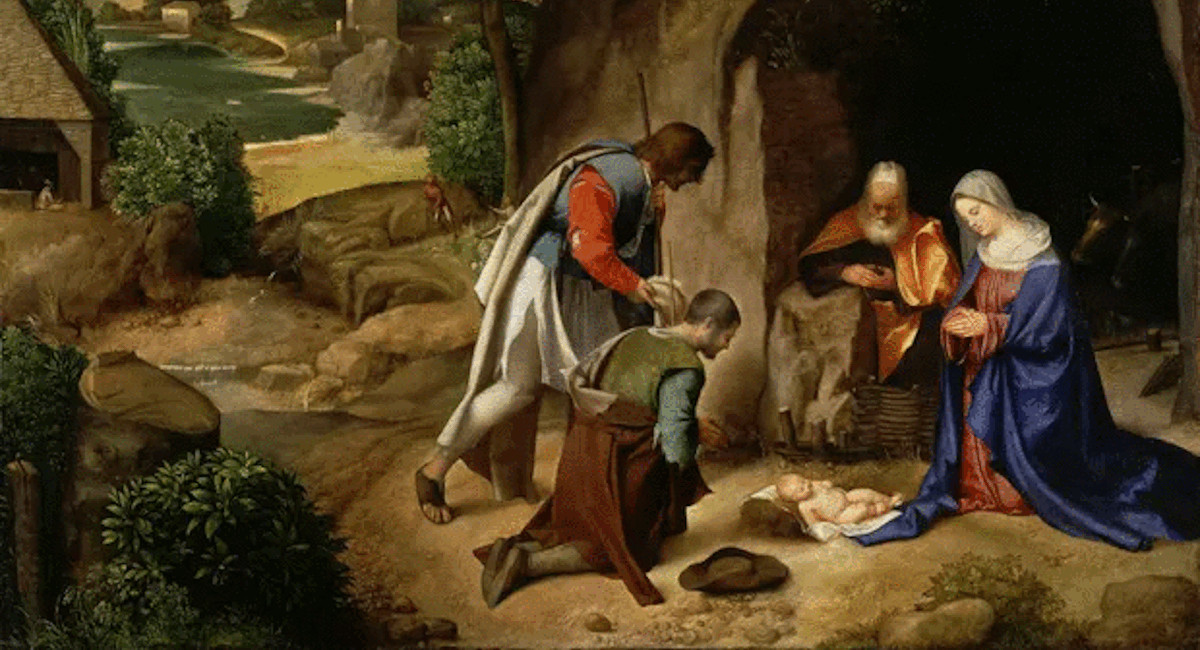
The first Christmas is the greatest story of God’s fragility and humanity. As a frail infant, God enters into our world and assumes our fragility and weakness. God is no longer invincible and unreachable. The first to visit the child in the manger are the shepherds, on the one hand, the most vulnerable sector of Jewish society during that time. The magi, on the other hand, may not be socially poor, but in the eyes of the religious authorities they come from the east and therefore are foreigners and excluded in Jewish faith and life.
Jesus’ appearance to both the shepherds and the magi give hope to a people living in fragility and awaiting the birth of the Messiah. People who are aware of their vulnerability and poverty can naturally create a space for the Saviour. The birth of Jesus becomes an encounter of deep joy: “For a child is born to us, a son is given us; upon his shoulder dominion rests.” By contrast, King Herod and others who are so full of themselves miss their encounter with Jesus in Bethlehem. They have no space for the Messiah.
In our effort to promote a synodal Church, we need to come to terms with our vulnerability to create a space for the indwelling of the Spirit to guide our way. When this happens, we begin to listen and speak from the heart, walk together and collaborate, discern directions down the road, learn from each other, open our minds, and be led to promote communion, participation, and mission in a community of faith. This ushers in a synodal and discerning Church amid the uncertainties and ambiguities in our lived experiences. When we are hospitable to each other, we enable the Spirit to come into our hearts and encounter the presence of God in ways that the shepherds and magi did. May we, like them, experience with great joy the manifestations of God in our lifelong journeys.
Blessed Christmas to one and all!
Tony Moreno SJ
President, Jesuit Conference Asia Pacific
Christmas 2022

